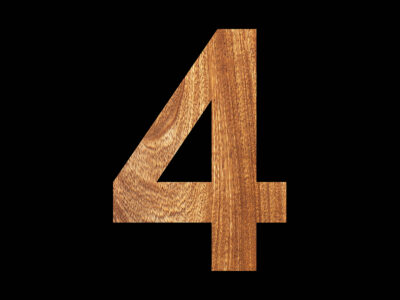Hey, everyone, welcome back. If this is your first time here on the blog, I encourage you to go back to the first post in this series and work your way to this one. Otherwise, you might find yourself a little confused.
And now, onto the next part.
In our story structure series, we’ve arrived at our Dark Moment, also known as the Black Moment. This is where everything seems to be lost. Everything the hero and heroine have worked for is circling the drain. All of the goals and the desires look like they won’t ever come to fruition. This is the point where the stakes are highest and the danger is at its worst.
In our story with Oliver and Sophia, we need a black moment. Here is where I think about what would be his greatest loss. What would hurt him the most? What about Sophia? What news can she get that shatters her world?
Here we revisit our story and where we left off. Oliver and Sophia have been chasing the leads with the photographs. There are many of the town’s influential people in those pictures, including Sophia’s parents, the missing girl’s parents, the mayor, and several well-known businessmen who contribute to local charities and churches.
Now, remember how at the beginning of this series, I told you I am more pantser than plotter? This is where I realize a few things. I finally know how I want this to end and what happened to Sophia’s sister. Sophia’s father was the chief of police. If I’ve given him another occupation at this point, I go back and change it. And, yes, I have a reason for him being the chief of police. But for now, I have to address the torched house. So, now my hero is just thankful that no one was hurt. Gia is away; he was gone at the time. And even though they’ve lost the evidence—and his home—he still has his life and Gia. But it looks like the villain has won, and that feels like they’ve lost. This is the dark moment.
Sophia’s black moment comes around the same time, only a little later in the story when she confronts her parents once more and demands to know how the villain knew to burn down Oliver’s house. They were the only ones other than her and Oliver who knew about the pictures. They warn her to quit digging into Cassidy’s death. They don’t want her to know about it, and she needs to leave it alone and let Cassidy rest in peace. She’s shattered. Betrayed by those she loves—and by those she thought loved her.
That’s it for this part of the story. We’ve addressed the black moment; and next time, we’ll move into Plot Point# 2. This comes right at the end of Act II and helps us segue into the third and final act.
We’re almost finished with story structure, then I’ve got more cool posts coming your way that deal with improving your craft.
Just a side note here: The truth is, every time I attend a writing class or a workshop or read a craft book, I have something reinforced or I’m reminded of how to do something better when it comes to my own writing. Because, let’s face it, no matter how long you’ve been working on becoming a better writer, it’s easy to get a little lazy or let something slide. I got edits back on a novella last week; and while they weren’t as bad as they probably could have been (ha ha), there was one comment that stopped me.
The editor asked if I could up the sensory details in the scene. When I read back over it, I realized she was right. While I had sight, touch, and hearing, I didn’t have anything about how things smelled or tasted. And, honestly, I didn’t need taste; but when I added how things smelled? Wow! It really made the scene come alive in a whole new way. Yep. Just one sense. And while I knew that, having the reminder hit home. All that to say, writing this blog series has been such a great refresher for me. It’s forcing me to look at my stories and evaluate them with new eyes. I’m hoping you’re doing that as well.
What about you? Do you know your dark moment for your story? If not, I hope this post helps you land on a good one.
Have a great rest of your day.










